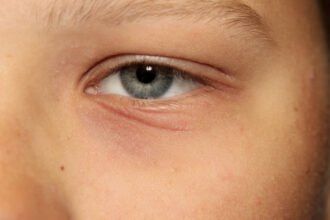The journal Nature is reporting in its latest issue of a protective genetic mutation that retards the production of one of the most commonly cited elements responsible for Alzheimer dementia — beta amyloid.
The journal Nature is reporting in its latest issue of a protective genetic mutation that retards the production of one of the most commonly cited elements responsible for Alzheimer dementia — beta amyloid.
[T]o search for low-frequency variants in the amyloid-β precursor protein (APP) gene with a significant effect on the risk of Alzheimer’s disease, we studied coding variants in APP in a set of whole-genome sequence data from 1,795 Icelanders. We found a coding mutation (A673T) in the APP gene that protects against Alzheimer’s disease and cognitive decline in the elderly without Alzheimer’s disease. … The strong protective effect of the A673T substitution against Alzheimer’s disease provides proof of principle for the hypothesis that reducing the β-cleavage of APP may protect against the disease.
Great news for patients who can benefit from the even more grateful drug companies who will no doubt be rushing to develop therapies based upon this premise, first announced yesterday. As one can probably assume, most do not have the protective gene mutation, but as common as Alzheimer dementia is, most people do not acquire it. Also, most who develop Alzheimer’s do not have one of the rare gene mutations that cause it. The reasons for their disease are unclear. Perhaps even more importantly, the presence of the mutation appears to override a huge genetic risk factor for Alzheimer development — the ApoE4 allele. Scientists do stress, however, that testing for this biomarker will not predict who will eventually acquire degenerative dementia, as those who do have it just produce much less amyloid just like any one else who never acquired the disease. What this data does show is that beta amyloid production continues to be a central point from which much research into anti-Alzheimer therapies are being developed. Reducing the levels of this protein in known Alzheimer dementia is an ongoing goal of which this discovery is only a small part.









